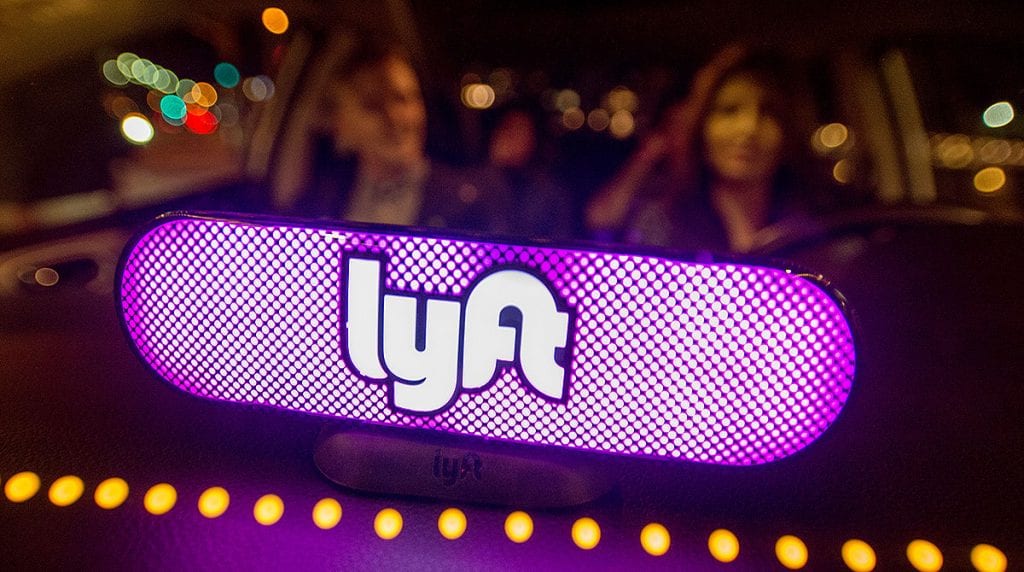Lyft filed IPO documents with the Securities and Exchange Commission Friday, beating its main rival Uber in the race to become the first app-based ride-hail company to go public.

The company, which got its start as a college carpooling service called Zimride in 2007, says it has achieved 39 percent market share in the US as of December 2018, up from 22 percent in December 2016. This new growth comes from new riders and drivers, as well as more frequent rides from existing users. For the quarter ended December 31, 2018, Lyft says it had 18.6 million “Active Riders” and over 1.1 million drivers.
Pink Titan Rises
The filing did not specify a potential valuation, but The Wall Street Journal reports that the company is expected to exceed its private valuation of $15.1 billion, citing people familiar with the offering. The filed S-1 form also showed that the company continues to experience heavy losses, although at the same time it is also growing revenue.
A key hurdle for potential investors will be a tolerance for financial losses in exchange for rapid expansion. Lyft’s net loss reached $911 million last year, and its filing notes “we have incurred net losses each year since our inception and we may not be able to achieve or maintain profitability in the future.” Uber, likewise, has operated at a loss.
Lyft’s IPO is also big news for bike share. Last year, Lyft bought Motivate, the country’s largest bike-share operator. Lyft now manages the biggest bike-sharing fleet in the country, including some of the most successful markets like New York’s Citi Bike. And Lyft has its own scooter share as well, which is on the ground in a handful of cities like Denver and Los Angeles.
Being First to the Punch Comes with Some Risks
Lyft is also competing with Uber to become a one-stop shop for a variety of transportation modes, including bikes, scooters, and public transportation. In December, Lyft bought Motivate, the company that runs Citi Bike in New York. Like Uber, Lyft is also running its own electric-scooter program.
Both companies claim to want to end personal car ownership. But more than Uber, Lyft fancies itself a think tank with big ideas about the future. The company’s co-founders, John Zimmer and Logan Green, have released policy papers predicting the end of personal car ownership in major cities by 2025, and calling for more people to carpool by charging a fee to those who don’t.
Lyft only operates in the US and Canada, while Uber has a presence in Europe, India, and Latin America. Lyft also lacks a massive, growing food-delivery business like Uber. As it embarks on its roadshow to meet and pitch investors, Lyft will likely field questions about those gaps.
Going public before Uber is certainly a victory, but one that comes with its own risks. In its filing, Lyft says these risks include intense competition from Uber and an unpredictable market. The list goes on to include autonomous technology, evolving regulations, and exposure to liabilities from improper activities by riders.